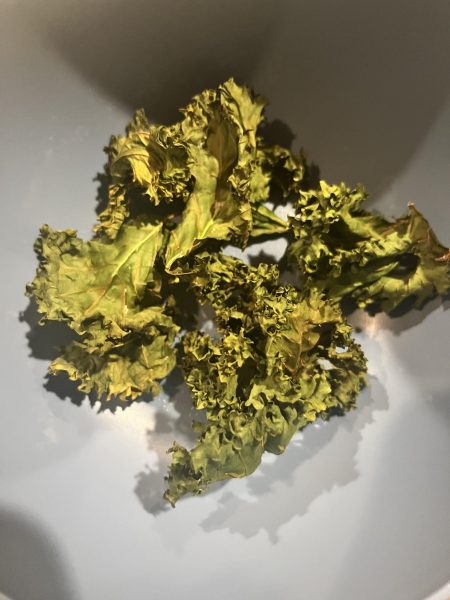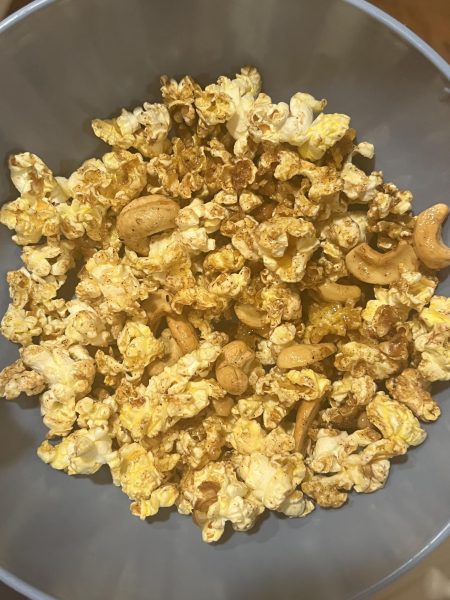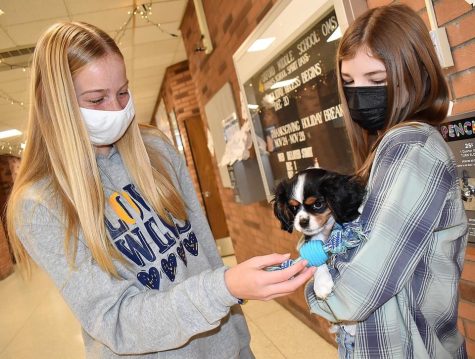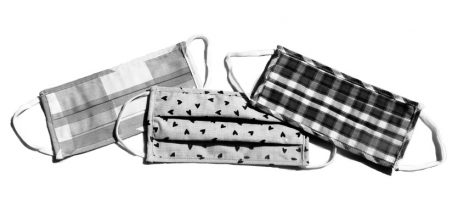Teen abuse of sleep aids increases
Tolerence develops and leads students to stronger drug choices
With a deep sleep only a trip to CVS away, an increasing number of teenagers are taking and abusing sleep aids, acquiring bad habits like misuse, oblivious to the health effects.
“I take sleeping pills a lot either when I’m restless and can’t sleep or stressed and want something to mellow me out,” Brenda Thompson* said. “I’ve never really thought or cared about the effects it can have on my body.”
Taken properly, sleep aid pills and syrups can be tremendously helpful to those suffering nightly with sleep problems like insomnia. Overall, 85 percent of children and adolescents use some type of sleep aid, according to the U.S. Department of Health and Human Services.
“Taking sleep aids to help fall asleep isn’t an uncommon thing, especially among high school students with sleep problems,” surgical nurse Courtney Bergmen said. “I think occasional use can be very beneficial if taken properly, especially if doctor recommended.”
Mixing and overdosing drugs and self medicating, isn’t uncommon. Improper use is an increasing issue common among teenagers and young adults, according to the National Sleep Foundation. Reasons for experimenting with medications ranges anywhere from being bored to wanting to achieve a high feeling.
“I used to take and mix sleep medicines like Nyquil and Benadryl and abuse them by taking a lot at one time or when I didn’t actually need to because I was bored or wanted a high or drunk feeling to feel good,” Tommy Fanta* said.
Abuse is generally not associated with sleeping conditions. Teens wanting to get a high often avoid the prolific warnings and take sleep aids with alcohol or other drugs to help amplify the aids, creating a possible lethal mix. Misuse can cause unpleasant side effects like confusion and memory loss coupled with long-term extreme liver, stomach and neurological problems.
“I think a lot of teenagers use their bathroom medicine cabinets as their own personal pharmacies because it’s easy to get to and a lot cheaper than other drugs popular among kids,” Thompson said.
Most teens eventually develop a tolerance and end up moving onto stronger medications. A significant amount of chemical dependencies and addictions are actually psychological, not physical. However, taking more than the prescribed dosage can significantly damage the body.
The increase of overdosing medication is linked to hypertension, heart disease, stroke, depression, diabetes and other chronic diseases, according to the National Sleep Foundation.
“After frequently taking sleep medicine, I wasn’t getting the same high as I used to, so I started overdosing on my prescribed Xanax pills,” Fanta said. “However, I eventually realized the damages it was doing on my body, so I stopped taking them and I’m happy I did.”
*Name changes
Your donation will support the student journalists of Eisenhower High School. Your contribution will allow us to purchase equipment and cover our annual website hosting costs.




